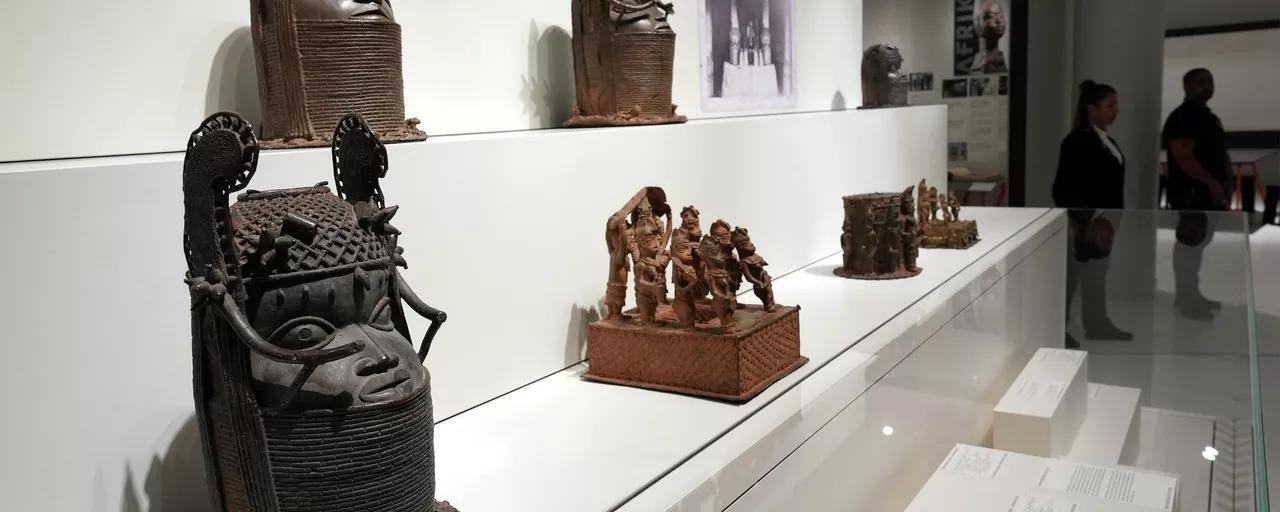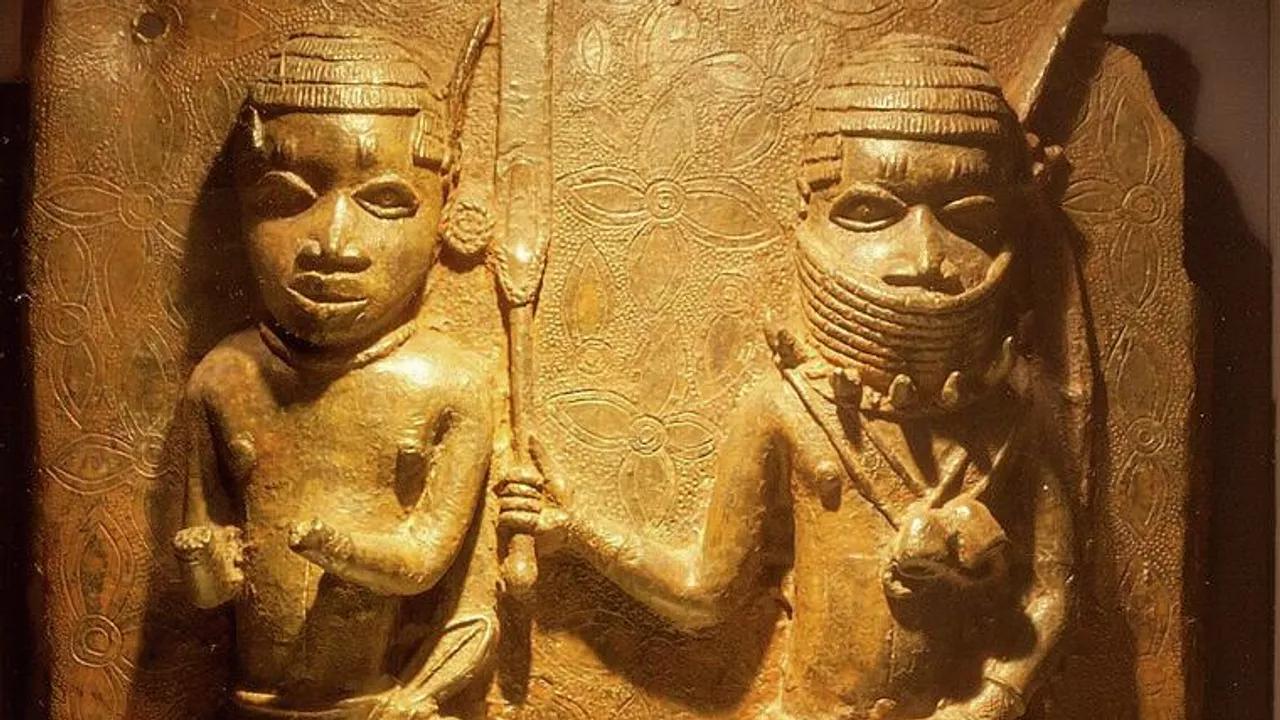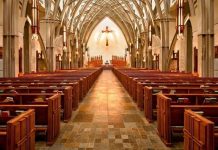Africa-Press – Botswana. The Kingdom of Benin was one of the oldest and most developed traditional West African states, among other things known for its unique Edo culture. The kingdom existed from the 12th century until 1897, when it was conquered by British, who exiled the king and burned the Benin palace.
The University of Cambridge plans to return 116 looted artifacts, known as the Benin bronzes, to Nigeria. She also noted that some of the bronzes will stay in the university for educational purposes and representations of the Benin culture.
“Those that return physically will be transferred to the National Commission for Museums and Monuments, as is required legally by the Republic of Nigeria, and an approach formally supported by the Oba [the traditional monarch] of Benin,” she added.
Thousands of bronzes were stolen by the British military during the plundering of Benin City (in modern Nigeria) in 1897. Later, the historical items were dispersed around the world and can be found in numerous collections in the West, from which they are now being returned as part of a recent trend.
Last year, Cambridge’s Jesus College, gave one bronze back to Nigeria. Two bronzes were returned by Germany among over a thousand other objects in July. In November, the Horniman Museum in south-east London also handed six bronzes back. Washington’s Smithsonian Institution gave back as many as 29 Benin bronzes.
Most of the bronzes, however, are part of the British Museum collection. According to a 1963 UK law, the institution is prohibited from permanently removing any items from its fund.
Nigerian officials have repeatedly called for the return of the bronzes. In 2021, Nigeria’s Federal Ministry of Information and Culture issued a formal request for the British Museum to give back the items.
It was recently reported that the British Museum held talks with Greece concerning the possibility of return of the Parthenon marbles. However, according to the UK Prime Minister’s representative, there are no plans to change the law regarding the museum.

For More News And Analysis About Botswana Follow Africa-Press






